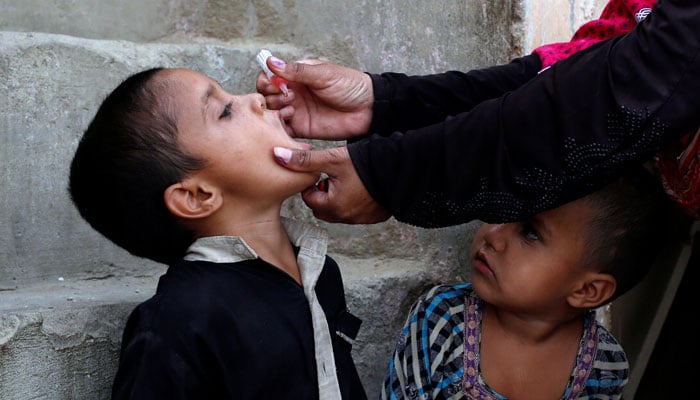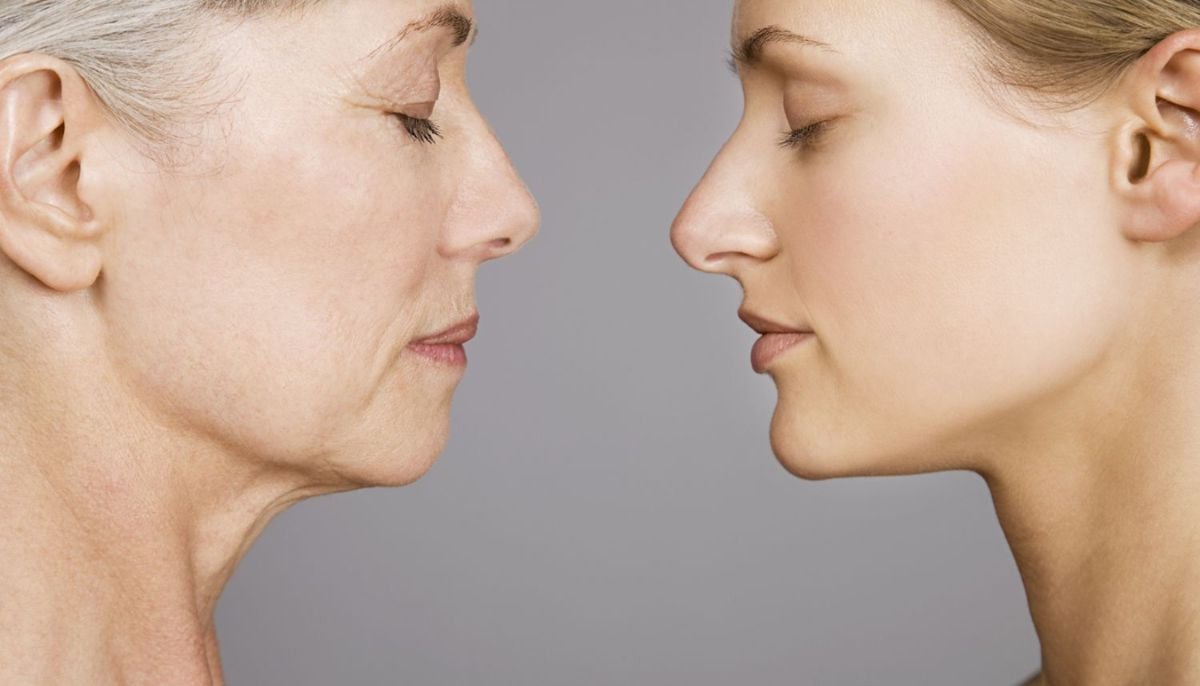Pakistan confirms another polio case as tally reaches 47
Wild Poliovirus Type-1 detected in male child from Sindh’s Ghotki
Pakistan reported new case of polio in Sindh, bringing the total number of the disease-infected children to 47 this year, the Pakistan Polio Eradication Programme said on Friday.
“The Regional Reference Laboratory for Polio Eradication at the National Institute of Health has confirmed the detection of 47th Wild Poliovirus Type-1 (WPV1) case in Pakistan,” said the statement.
On November 8, 2024, the lab confirmed the detection of WPV1 in a male child from Ghotki, it said, adding that it was the first polio case from the district.
So far, 23 cases have been reported from Balochistan, 13 from Sindh, 09 from Khyber Pakhtunkhwa, and 01 each from Punjab and Islamabad. Genetic sequencing of the samples collected from the child is underway, the statement added.
With Pakistan being one of two countries where wild poliovirus transmission has not been eradicated, health officials are urging parents to actively participate in the upcoming nationwide polio vaccination campaign.
Officials stress the importance of full participation as incomplete vaccination coverage leaves communities vulnerable to the continued spread and resurgence of polio.
Polio is a highly infectious disease caused by a virus mainly affecting children under the age of five years, who are malnourished or have weak immunity because of being under-vaccinated or not vaccinated for polio and other childhood diseases.
The illness invades the nervous system and causes paralysis or even death. While there is no cure for polio, vaccination is the most effective way to protect children from this crippling disease.
Pakistan's rigorous efforts towards polio eradication face significant challenges, particularly in areas where insecurity, misinformation, and parental refusals hinder vaccination campaigns.
-
Lewis Capaldi details 'impact of Tourette' on his career
-
Christina Applegate struggles to leave bed amid multiple sclerosis battle
-
Demi Lovato bravely admits she is ‘not ashamed’ of having bipolar disorder
-
Can humans reverse aging? Harvard scientist predict revolutionary breakthrough
-
How Liam Payne’s death impacted awareness about mental health
-
Taylor Swift expresses how negative body comments triggered her
-
Lady Gaga details how eating disorder affected her career: 'I had to stop'
-
Celebrities who struggle with infertility












